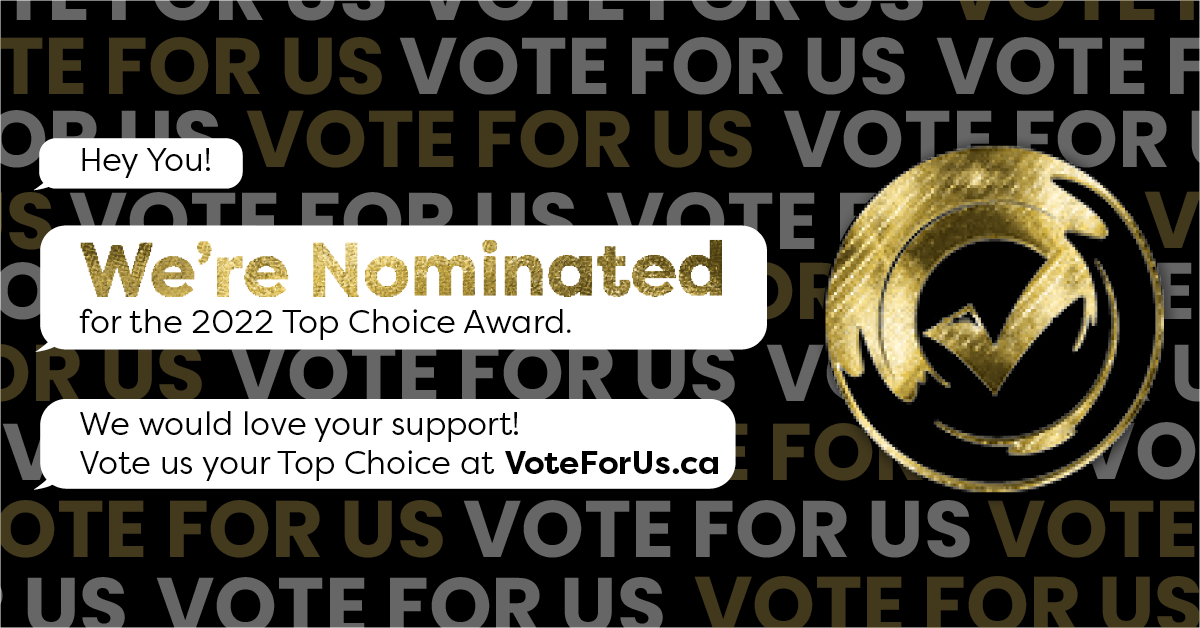Divorce is among the most painful events that an individual can go through. But even more so is the need to revisit the legal documentation that governed one’s planned future. When getting married, many couples create estate plans, such as wills and trusts to protect their assets and ensure their wishes are respected in the event of their death. When you get divorced, it’s not just about dividing your assets or finances; it also affects your estate plan. In this blog, we’ll talk more about how divorce can affect your estate plan and what you need to do about it.
Change Your Beneficiaries: If you named your spouse as a beneficiary on any of your financial accounts or life insurance policies, it’s important to update them as soon as possible. Your ex-spouse will automatically be removed from his or her position as a beneficiary if they are named in your estate plan, but if they are named in any stand-alone accounts, they may still receive those assets when you pass away. Reviewing all your beneficiaries and updating them to reflect your current preferences ensures your estate plan aligns with your intentions and goals moving forward.
Update Your Will: Your will determines how your assets are distributed once you pass away. If you had previously designated your spouse as an executor or beneficiary in your will, this will change after your divorce. After your divorce or separation, you will want to have your will modified so that your assets and property are distributed according to your current wishes and intentions. Additionally, when updating your will, you should establish guardianship for any children in case of your death.
Addressing the Trusts: Similar to wills, the terms of any trusts, which are often established to protect and distribute assets, may change when you divorce. For instance, a revocable living trust may have included your ex-spouse as a beneficiary or successor trustee. To ensure that the trust aligns with your current wishes, you should seek the assistance of an estate planning lawyer to review and update it in case changes are necessary to accommodate your new circumstances.
Reexamine Your Powers of Attorney: When you made your estate plan, you probably appointed your spouse or other people to serve as a power of attorney. This person has the power to make healthcare or financial decisions on your behalf if you become unable to do so. After you have legally divorced, it is vital to revisit these documents and update them so that they reflect your current needs and wishes.
Collaborate With An Experienced Estate Planning Lawyer: When you’re confronting probate legal questions and revision of estate plans, you should collaborate with an experienced estate planning lawyer. They’ll assist you in working or modifying your estate plan correctly to ensure that your wishes match your current life circumstances. Estate planning experts will provide the latest and up-to-date information, allowing you to keep a sound estate plan.
Divorce is a life-changing experience that can affect your estate plans in significant ways. It is important to ensure that your estate planning documents align with your current wishes and intentions after a divorce. Collaborating with an experienced estate planning lawyer is a crucial step in this process. By following the above guidelines, you can make the necessary changes to your estate plan and obtain peace of mind that your assets will be distributed according to your wishes and intentions.












